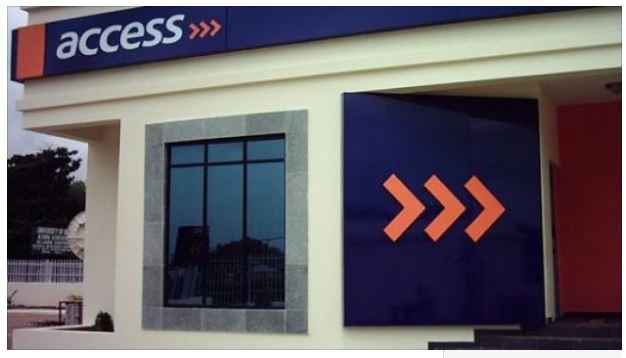
In a controversial move, Access Bank has attempted to suppress an investigative report published by the Foundation for Investigative Journalism (FIJ) regarding Stephen Ejezie, a former employee accused of secretly filming female colleagues in the office bathrooms.
Ejezie, who was employed as a quality assessor specialist at Access Bank’s contact centre in Oniru, Lagos, was dismissed in April following his involvement in serious misconduct. He was apprehended around 1:30 am on a Wednesday while illegally recording a female colleague in the restroom. Subsequent investigations uncovered hundreds of similar videos stored on his electronic devices, leading to his arrest.
Workers’ Fears of Injustice
FIJ’s report, published on Saturday, shed light on concerns within Access Bank’s workforce. Many employees feared that despite Ejezie’s dismissal, legal action might not be pursued, raising alarms that justice could ultimately be denied.
Access Bank’s Attempt to Silence the Press
Shortly after the exposé gained public attention, Access Bank, through CyberSOC-CERT Deloitte—a cybersecurity division acting on its behalf—contacted the hosting provider Cloudflare, alleging trademark infringement. This move was perceived as an underhanded attempt to force the removal of the damaging report.
CyberSOC-CERT claimed that FIJ’s use of Access Bank’s name and trademark within the report constituted unauthorized use, requesting Cloudflare to intervene and have the content taken down. In an official communication, they stated:
“This letter is an official notification as requested by our client and legal owner of the mentioned trademark. We are acting on behalf of the legitimate owner and asking for your cooperation in the removal of this content.”
Cloudflare, acting on the complaint, subsequently issued a notice to FIJ, informing them of the allegation and forwarding the detailed complaint. However, it is important to note that citing trademark infringement in a bid to remove a legitimate news article is widely seen as an abuse of trademark law, designed to suppress unfavorable reporting rather than address genuine misuse of branding.
Public Backlash
The attempt to silence the media only intensified public criticism. After FIJ’s story spread across social media, many Nigerians voiced outrage, criticizing Access Bank for appearing to prioritize its reputation over the serious misconduct exposed within its ranks.
In response to the uproar, Access Bank issued a statement on its official X (formerly Twitter) account. The statement, released on Monday morning, read:
“We are aware of reports regarding an alleged privacy violation involving a former Contact Centre agent. We are cooperating closely with relevant authorities and reaffirm our zero-tolerance policy towards harassment and any violation of privacy.”
The bank further emphasized its commitment to ensuring a safe and secure environment for both its employees and customers.
A Familiar Pattern
This is not the first time a powerful organization has resorted to legal maneuvers to pressure FIJ into removing investigative content. In a similar case, Landwey, a real estate company exposed by FIJ for running operations likened to a Ponzi scheme, made multiple efforts to silence reports against them. Although Landwey briefly succeeded in disrupting FIJ’s operations via DigitalOcean, their attempt through Cloudflare was ultimately unsuccessful, with FIJ proving rightful ownership and standing firm.
The current episode with Access Bank underscores a troubling trend where institutions seek to avoid accountability not by addressing internal failures but by targeting platforms that expose them. Nonetheless, FIJ’s commitment to fearless journalism remains steadfast, reinforcing the critical role of investigative reporting in upholding transparency and justice.





